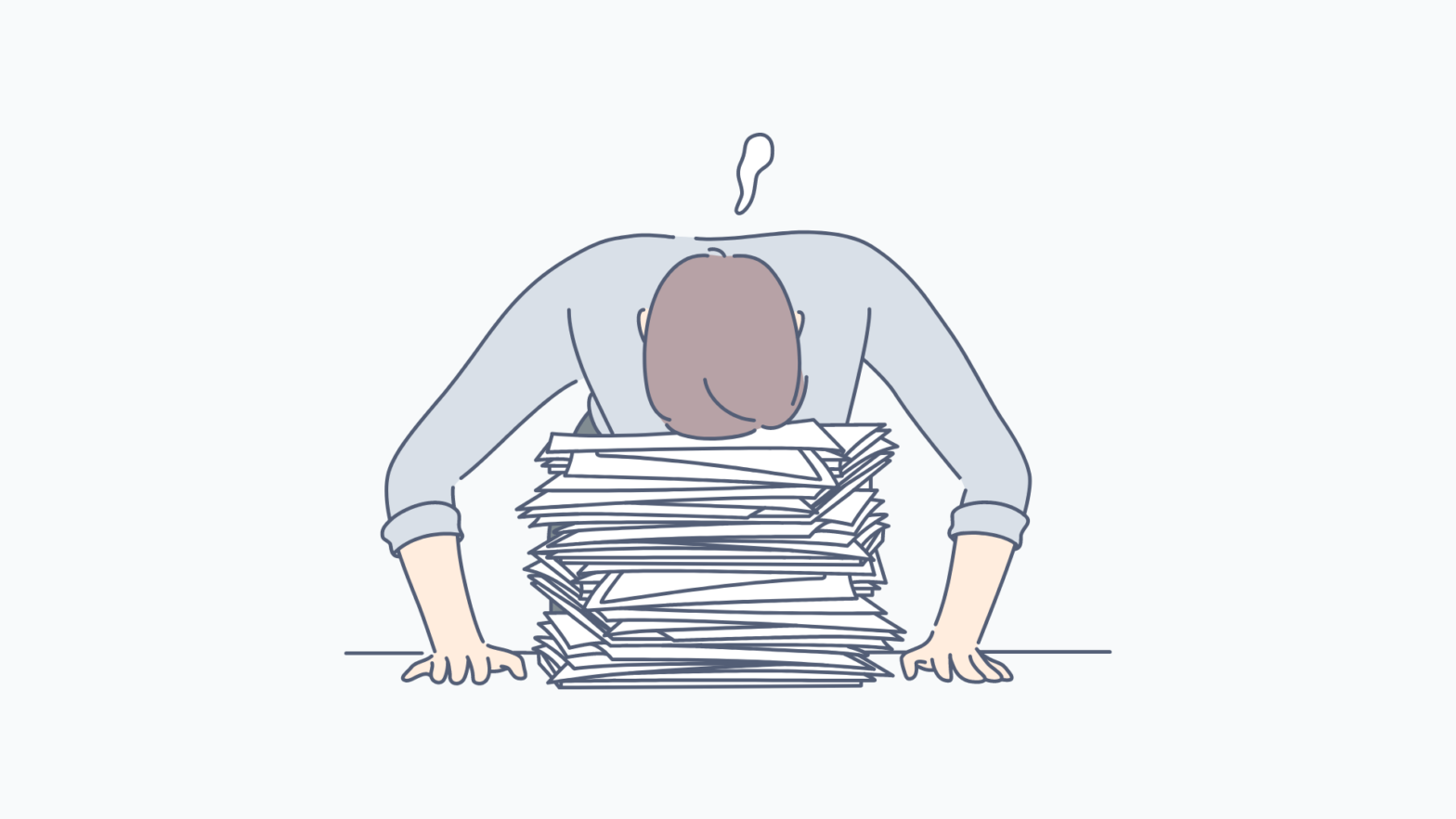Health workers have experienced immense pressure and struggles in the global pandemic. Healthcare has become of utmost importance in recent times, especially during the pandemic. This has revealed that there are people in the world who need healthcare services. However, despite the best efforts of everyone involved, there are still issues within the healthcare industry, especially due to the current COVID-19 pandemic.
One of the main issues is the toll that the pandemic has on the mental health of healthcare workers. We want to discuss to pinpoint where these mental health issues derive from and see how some people have begun coping.
The High Workload
Unfortunately, health workers are severely understaffed worldwide. As the number of patients increases, the more people each healthcare worker must care for, as they must deal with the huge influx of patients.
There are simply not enough healthcare workers to go around to treat and care for all of these new patients pouring into the hospitals. This forces many healthcare professionals to frequently work overtime to care for extra patients that they may not have originally been assigned to take care of. This causes many, if not all, of the health workers to have a high workload due to this hapless situation they now face.
A heavy workload is never good for a person’s well-being. Due to this large work volume, healthcare workers’ mental and physical health can be compromised. With their mental health compromised, they may be prone to making mistakes that would endanger not only themselves but also others around them if they are not careful.
This overall has had a negative effect on the mental health of many healthcare workers worldwide because of the massive stress this brings to save lives.
Psychological Challenges
One of the many challenges this pandemic has created is that of the intellect. With this in mind, many healthcare workers are struggling mentally to cope with the gravity and seriousness of the situation at hand. This causes the medical workers to become anxious, stressed and afraid of the consequences brought upon by the COVID-19 pandemic.
Although they have been trained to deal with similar situations, there was no type of training they could have had to tackle the pandemic in a real-life scenario.
There is a constant fear of infection instilled in the health workers. Although many of the workers fear getting infected, there is also the fear of infecting others as well, especially the families and friends of the health workers. This is a direct result of health workers witnessing the deaths and health deterioration of some colleagues, friends, or family due to the virus.
This situation overall has put enormous stress on the health workers. These psychological challenges presented to them because of the pandemic have affected their mental health negatively.
Lack of Coordination
When the virus was new and not much information was known about it, many organizations, such as the WHO, continuously shared different solutions on how to handle the COVID-19 virus on a regular basis.
This resulted in doctors and nurses becoming ignorant of the main treatment they should administer to their patients. Many people were treated differently from others, and as these situations continued, the more disorganized and chaotic the workplace became for all the healthcare workers.
This further creates mental stress for the healthcare workers and adds yet another mental problem for them to overcome and have to cope with while the pandemic still continues.
Conclusion
The healthcare industry was not fully prepared to handle a global pandemic of this magnitude caused by COVID-19. Many of the industry’s workers are now suffering from mental issues regarding their workplace as they keep their services open for the many patients that are coming their way.
What can healthcare workers do to improve their mental health?
